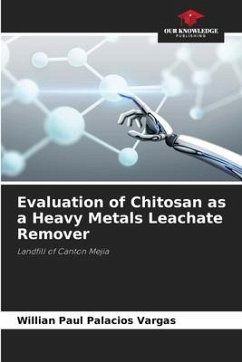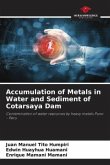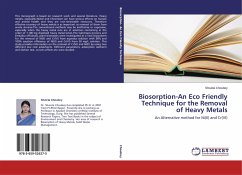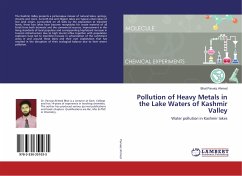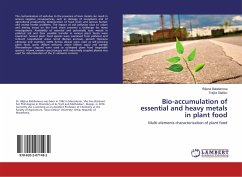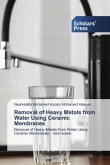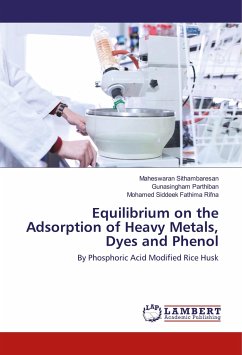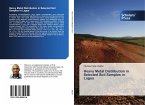Currently, the final disposal of municipal waste (MSW) is a problem that affects people's health and the environment. Some controlled sanitary landfills have the disadvantage of producing liquids with high levels of contamination as a result of biological decomposition, called leachates, so it is necessary to apply environmentally friendly decontaminants to control these effluents that are discharged into water sources. Thus, given the importance of this problem, the present research, which was carried out in the landfill pool of the Mejía Canton, Province of Pichincha, has the objective of evaluating the effectiveness of chitosan as a remover of the different heavy metals contained in the leachates. These liquids were previously treated by the FENTON advanced oxidation method, which is applied by combining an oxidizing agent, Hydrogen Peroxide (H2O2) with a catalyst of Ferrous Sulfate heptahydrate [Fe (SO4)].7H2O.
Bitte wählen Sie Ihr Anliegen aus.
Rechnungen
Retourenschein anfordern
Bestellstatus
Storno

